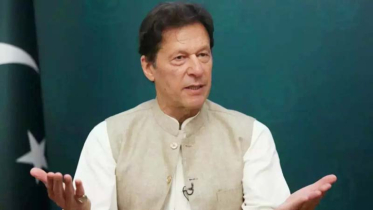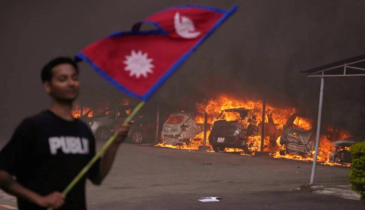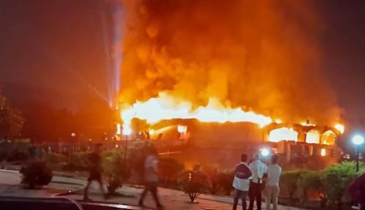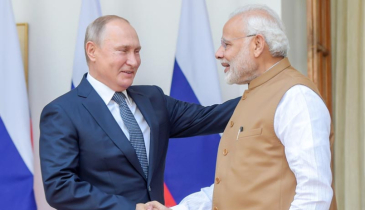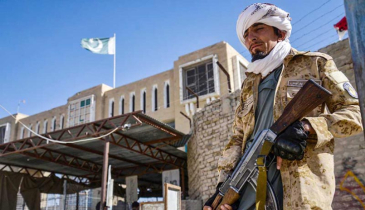India expelling Rohingyas to Bangladesh, Myanmar without protections: HRW
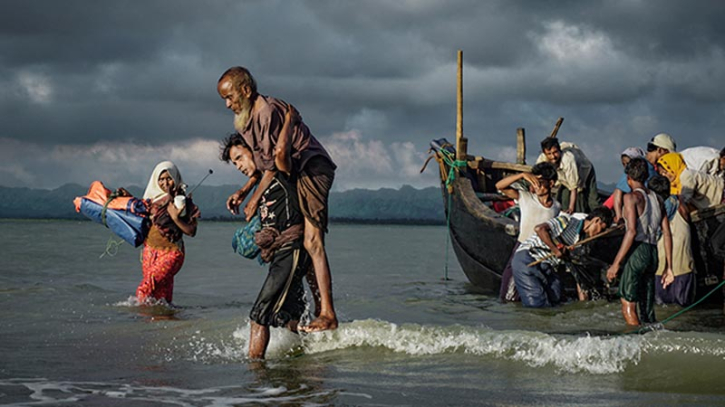
Human Rights Watch (HRW) has accused India of forcibly expelling Rohingya refugees to Bangladesh and Myanmar without ensuring their basic rights and safety.
Since May 2025, Indian authorities have deported hundreds of Rohingya and Bengali-speaking Muslims under a campaign led by states governed by the ruling Bharatiya Janata Party (BJP), labeling them “illegal immigrants.”
According to the New York-based rights watchdog, at least 192 Rohingya registered with the UN Refugee Agency (UNHCR) were sent to Bangladesh despite their official refugee status. In one reported incident, Indian authorities placed 40 Rohingya men, women, and children on a boat near Myanmar’s coastline and forced them to swim ashore. Others, fearing arrest and deportation, fled across the border into Bangladesh.
HRW further documented that several hundred more Rohingya have been arbitrarily detained in Indian detention centers, where some faced abuse. Six refugees interviewed in Bangladesh’s Cox’s Bazar camps said Indian security personnel assaulted them, confiscated their phones, money, and even their UNHCR identification cards before pushing them across the border.
“The Indian government’s expulsion of Rohingya refugees demonstrates a blatant disregard for human life and international law,” said Elaine Pearson, HRW’s Asia director. “These people escaped genocide and persecution in Myanmar, yet New Delhi is treating them as criminals and forcing them back into danger.”
An estimated 40,000 Rohingya currently live in India, of whom about half are registered with UNHCR. For years, many Rohingya in India had access to limited education and work opportunities, but the situation deteriorated in 2017 when the BJP-led government issued formal directives to deport “illegal foreign nationals,” specifically naming Rohingya communities.
Although India is not a signatory to the 1951 UN Refugee Convention or its 1967 Protocol, it remains bound by the principle of non-refoulement under customary international law, which prohibits returning individuals to countries where they may face persecution, torture, or threats to their lives.
Rights groups have expressed concern that India’s crackdown is politically motivated, reflecting the BJP’s broader campaign to portray Muslim migrants as a security threat. The expulsions come amid heightened anti-refugee rhetoric across several Indian states, where local authorities have demolished Rohingya settlements and restricted their movement.
International observers warn that India’s actions risk worsening the already dire humanitarian crisis facing the Rohingya, the world’s most persecuted minority.
.png)


